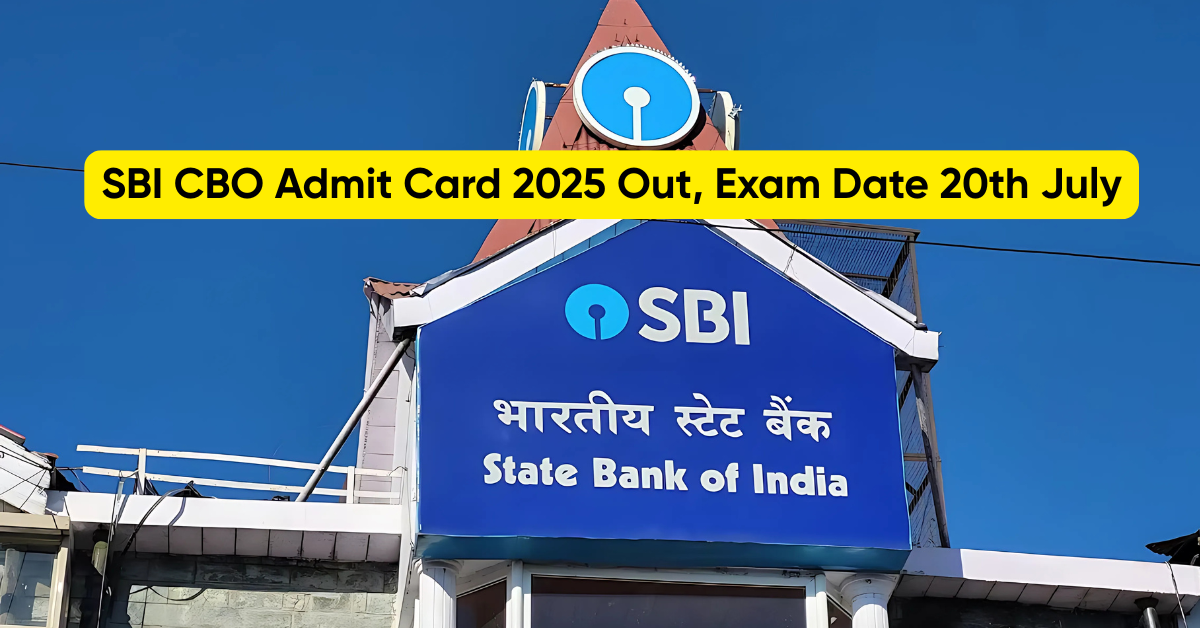COBOL Full Form
The full form of COBOL is “Common Business-Oriented Language”. It embodies its primary purpose — providing a programming language specifically designed for business data processing. COBOL emerged in the late 1950s and early 1960s, a time when the need for a standardized language for business applications became increasingly evident. A committee led by Grace Hopper, a pioneering computer scientist, played a crucial role in the development of COBOL. In this article, we’ll explore the full form of COBOL, its history, key features, and its enduring relevance in the world of enterprise computing.
COBOL Full Form in Hindi
COBOL का पूर्ण रूप “कॉमन बिजनेस-ओरिएंटेड लैंग्वेज” है। यह अपने प्राथमिक उद्देश्य का प्रतीक है – विशेष रूप से व्यावसायिक डेटा प्रोसेसिंग के लिए डिज़ाइन की गई प्रोग्रामिंग भाषा प्रदान करना। COBOL 1950 के दशक के अंत और 1960 के दशक की शुरुआत में उभरा, एक ऐसा समय था जब व्यावसायिक अनुप्रयोगों के लिए एक मानकीकृत भाषा की आवश्यकता तेजी से स्पष्ट हो गई थी।
Key Features of COBOL
- English-Like Syntax: One of the distinctive features of COBOL is its syntax, designed to resemble the English language. This makes COBOL code readable and understandable, even to those without extensive programming experience. The emphasis on readability has been a significant factor in its adoption for business applications.
- Record and File Structures: COBOL is well-suited for processing records and files, a critical requirement in business applications. It provides native support for defining data structures, making it efficient for handling complex data organization and storage.
- Data Processing Focus: COBOL’s design is centered around data processing tasks commonly encountered in business applications. It offers features for handling data manipulation, sorting, and reporting, aligning with the needs of financial, administrative, and other business-oriented systems.
- Batch Processing: COBOL is particularly adept at batch processing, where large volumes of data are processed in batches rather than interactively. This aligns with the traditional requirements of business applications that often involve bulk data processing.
- Portability: COBOL was designed with portability in mind, allowing programs to be written once and run on various systems without significant modifications. This portability has contributed to the longevity of COBOL applications, as they can be adapted to different computing environments.
COBOL in Business Computing History
- Mainframe Dominance: In the early decades of computing, especially during the era of mainframes, COBOL became the language of choice for business applications. Its capabilities in handling data, coupled with its readability, made it an ideal choice for developing applications in finance, insurance, and other business domains.
- Y2K Challenge: As the year 2000 approached, the “Y2K bug” became a global concern. Many legacy systems, including those built with COBOL, used two-digit years in date representations. COBOL developers played a crucial role in updating and modernizing these systems to avoid potential issues related to the change of the millennium.
- Enduring Legacy: Despite the evolution of programming languages and paradigms, COBOL has demonstrated remarkable resilience. Many critical business systems, especially in the finance and government sectors, continue to rely on COBOL applications. The language’s stability and ability to handle large-scale data processing contribute to its enduring legacy.
Challenges and Contemporary Relevance
- Perception and Modernization: COBOL has faced challenges related to its perception as an “older” language. Organizations are often hesitant to invest in COBOL development, favoring newer languages. However, the substantial investment in existing COBOL systems and their proven reliability make modernization efforts more practical than complete rewrites.
- Skill Availability: The pool of COBOL developers has diminished over the years as newer languages gained prominence. Organizations may face challenges in finding skilled COBOL developers, prompting the need for training and knowledge transfer initiatives.
Modernization Efforts and the Future of COBOL
- Web and Mobile Integration: Efforts are underway to integrate COBOL applications with modern web and mobile technologies. This involves building interfaces that enable COBOL systems to interact with contemporary platforms, ensuring their continued relevance in the digital era.
- Cloud Adoption: Some organizations are exploring the migration of COBOL applications to cloud environments. This move offers benefits such as scalability, flexibility, and cost-effectiveness while preserving the functionality of existing COBOL systems.
- API Integration: COBOL applications can be made more accessible and adaptable by exposing their functionality through APIs (Application Programming Interfaces). This allows seamless integration with other systems and technologies.
Conclusion – COBOL Full Form
In conclusion, the full form of COBOL, a Common Business-Oriented Language, reflects its foundational role in business computing. From its inception to the present day, COBOL has played a vital role in the development of applications that drive business processes. While facing challenges associated with perception and skill availability, COBOL remains deeply ingrained in critical business systems. Modernization efforts, including integration with web technologies and cloud adoption, showcase the adaptability of COBOL in the ever-evolving landscape of enterprise computing. As organizations continue to balance the need for innovation with the reliability of existing systems, COBOL stands as a testament to the enduring principles of readability, stability, and efficiency in the world of business-oriented programming.
- SSC CGL Full Form, All You Need to Know About SSC CGL
- SBI CBO Admit Card 2025 Out, Exam Date 20th July
- SSC CHSL 2025 Vacancies Released for 3131 Posts, Complete Details
- SSC JE Vacancies 2025, Check Post Wise Vacancy List
- Important Percentage Questions for SSC Exam Preparation, Solved
- SSC CGL Application Correction Form Starts from 9th to 11th July
COBOL Full Form – FAQs
Ans. The full form of COBOL is “Common Business-Oriented Language”.
Ans. COBOL का पूर्ण रूप “कॉमन बिजनेस-ओरिएंटेड लैंग्वेज” है।

Hello, I’m Aditi, the creative mind behind the words at Oliveboard. As a content writer specializing in state-level exams, my mission is to unravel the complexities of exam information, ensuring aspiring candidates find clarity and confidence. Having walked the path of an aspirant myself, I bring a unique perspective to my work, crafting accessible content on Exam Notifications, Admit Cards, and Results.
At Oliveboard, I play a crucial role in empowering candidates throughout their exam journey. My dedication lies in making the seemingly daunting process not only understandable but also rewarding. Join me as I break down barriers in exam preparation, providing timely insights and valuable resources. Let’s navigate the path to success together, one well-informed step at a time.






